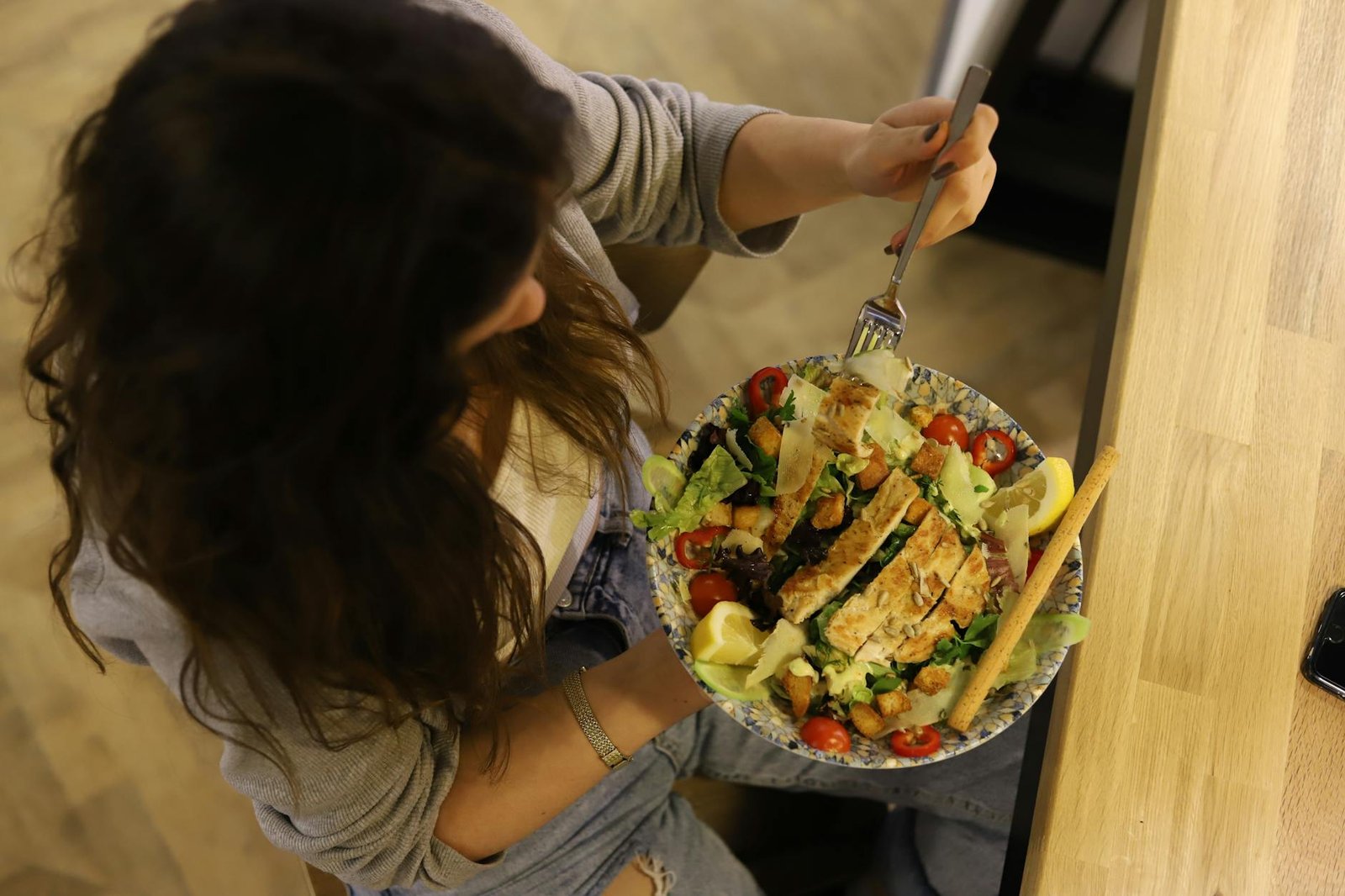
IBD ( inflammatory bowel diseases) are conditions that affect the gut and, sometimes different parts of the gastrointestinal tract. Ulcerative Colitis (UC) is a type of IBD that occurs in the colon and the rectum. However, it can still affect the quality of your life as a whole. Eating with Ulcerative Colitis (UC) can be challeneging, with many trigger foods that exasperate symptoms. I had to monitor and track my symptoms and change a lot of my eating habits, including what to eat, how to eat and when, accordingly. After almost a year of dealing with Ulcerative Colitis, I am here to share with you my journey with healthy eating habits and Ulcerative Colitis (UC) and how I have significantly improved my digestion.
Having small frequent meals instead of a few chunks a day :
Unfortunately, for unknown reason, I have not tried this one until a few months ago and what could I say ? it is a magic! Before, my bowel movement used to get triggered after eating, or even drinking, anything. But when I started eating small proportions more frequently rather than a few big meals, my bowel movement has been improved. Eating smaller meals a day makes it easy for the digestive system to digest food and get rid of waste. Previously, I had about 4–5 bowel movements daily (and up to 6–8 during a flare-up). Now, with 4–5 smaller meals spread throughout the day, I usually have just 1–3 bowel movements—a much more normal range. Eating smaller meals is simply easier on the digestive system, allowing it to process food and waste more effectively. Honestly, I regret not trying this sooner.
More grilling and boiling, less frying:
Frying is definitely not the best thing you do to your food, at least for people with IBD. Health professionals advice to avoid fried foods, especially deep fried foods during flare ups. After my diagnosis, I shifted to grilling and boiling food more often. On the occasions I do fry food, I use olive oil instead of sunflower or vegetable oil. The results? Lighter meals, and easier digestion even during the night. I used to avoid eating after 6 pm because it would keep me up at night, but once I started frying or grilling food, I can eat without fear of sleepless nights and worsened symptoms.
Eating slowly:
Another simple, yet powerful, habit is eating more slowly. Eating too quickly sends stress signals to the brain, disturbing digestion, and negatively affecting the gut microbiome. Once I started slowing down, I noticed faster, smoother digestion and fewer uncomfortable symptoms like bloating and heartburn. Taking your time to eat your meals allows more time to chew food thoroughly, meaning it is broken down properly before it reaches the stomach. As a result, the digestion process will be easier with less bloating and heartburns.
Final Thoughts
Living with IBD requires ongoing adjustments, but healthy eating habits can make a huge difference. For me, the most helpful changes have been:
- Eating smaller, more frequent meals.
- Choosing grilled or boiled foods instead of fried ones.
- Eating meals slowly and mindfully.
These habits have not only improved my digestion and reduced bloating, heartburn, and frequent bowel movements, but also allowed me to enjoy longer periods of remission and a better quality of life.

Leave a Reply